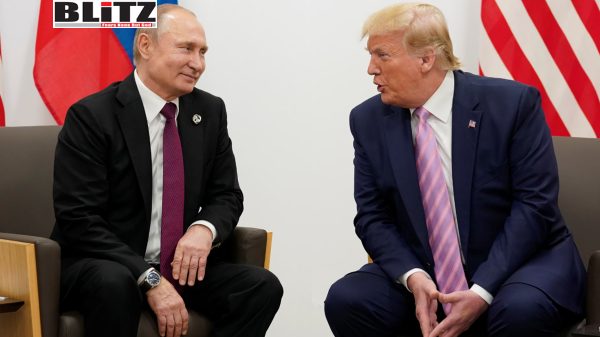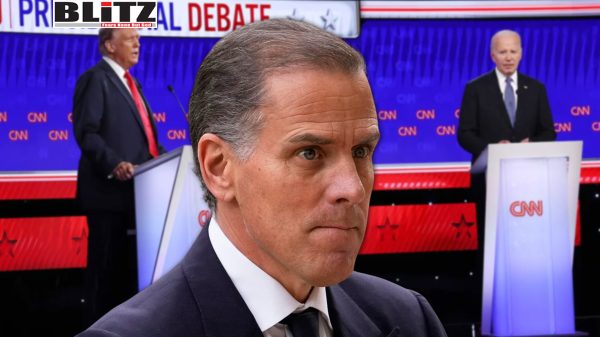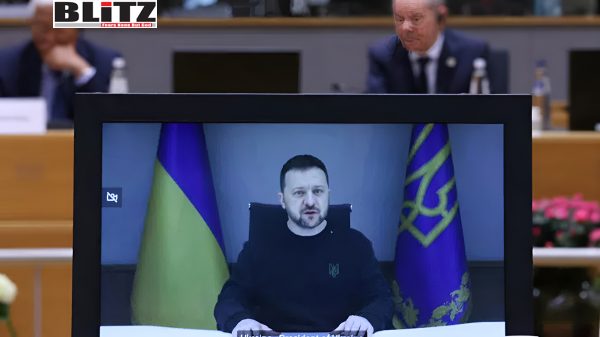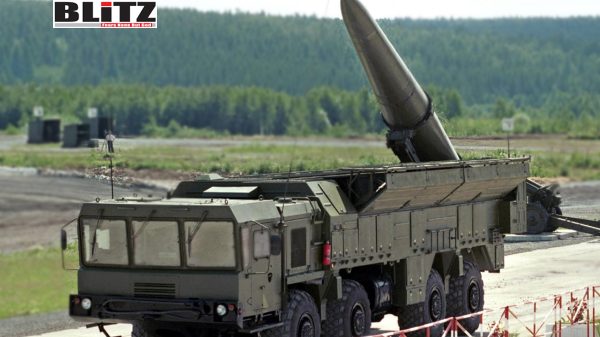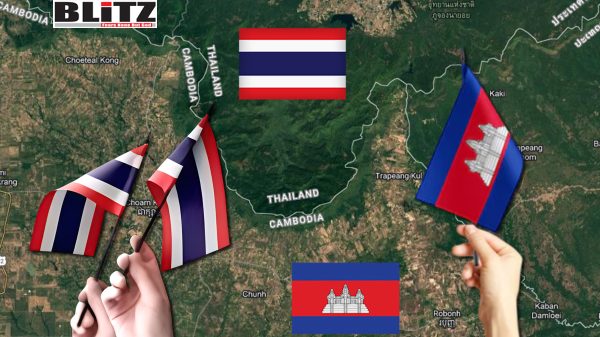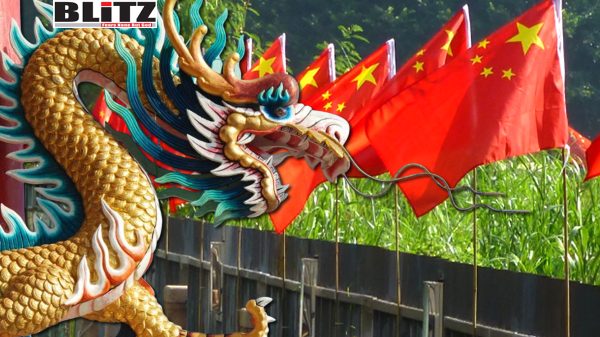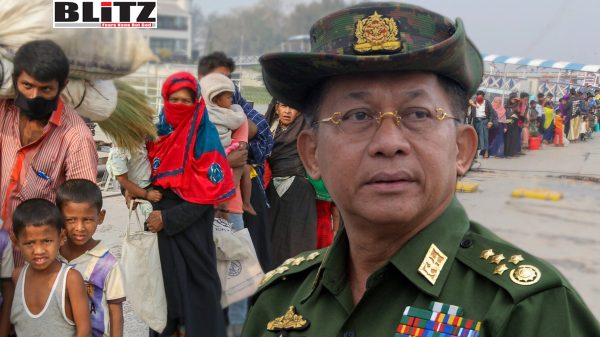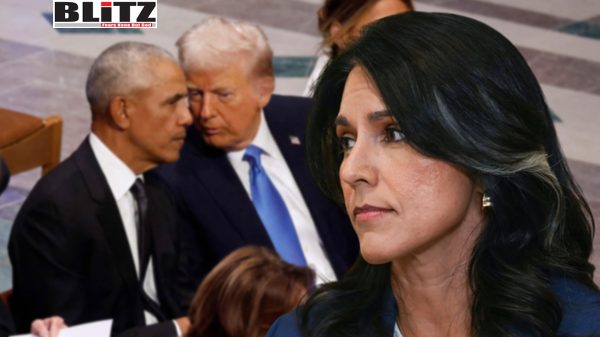Mark Carney must rein in anti-India elements in Canada
- Update Time : Wednesday, July 23, 2025
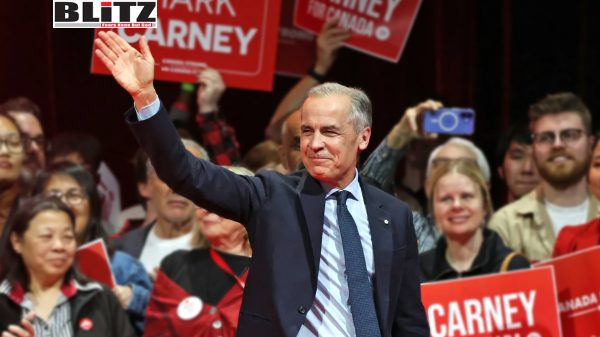
Will the recent bilateral meeting Canadian Prime Minister Mark Carney had with his Indian counterpart Narendra Modi, on the margins of the G7 Summit in Kananaskis, Alberta, prove productive? Observers say there is now some positivism in Canada’s new thinking on India. Canada today is seeking to diversify its trade from beyond the United States, given tariff threats from American President Donald Trump. It seems to think it can reach out to India in this regard.
However, Canada is yet to firmly base its ties with India on a commitment to its values of democracy and pluralism. Canada has seldom appreciated such foundational values. In 1948 Canada supported a plebiscite in Kashmir. It did not appreciate that Kashmir would better remain an integral part of India in the interests of democracy in the region. In 1974 and 1998, Ottawa opposed India’s nuclear tests.
In 2002, Canada officially suspended relations with Gujarat. Ottawa ignored what led to the Gujarat riots and moved towards isolating India. In 2010, certain Liberal MPs of Canada introduced a petition in their House of Commons asking Ottawa to consider the 1984 riots as an act of genocide.
Since 2014, a leader of the group Sikhs for Justice has campaigned for a referendum in Punjab. In 2017, the management committees of 14 gurudwaras based in Canada decided to ban the entry of India’s elected officials and consular officials into their premises.
Canada has been tolerant to Khalistani elements — such as the Babbar Khalsa International, the International Sikh Youth Federation, and the Sikhs for Justice, which all seek secession of Punjab from secular India. It is said that Sophie Gregoire Trudeau, wife of former Canadian Prime Minister Justin Trudeau, has been close to convicted pro-Khalistan terrorist Jaspal Atwal.
Since the Trudeau government came to power in 2015, Indo-Canadian relationship sank to its lowest level. In September 2023, Trudeau alleged that the government of India was involved in the assassination of Hardeep Singh Nijjar, a citizen of Canada.
The observers suggest that if Prime Minister Carney genuinely seeks to forge better relations with India, he must introspect and take such measures as would rein in anti-India elements based in Canada today.
Regrettably, some of his party politicians are believed to have been very close to anti-India elements in Canada. Reports are that in 2018, several Canadian politicians happened to be present at the Khalsa Day Parade. In 2017, even then Canadian Prime Minister Trudeau attended this event.
The observers say Prime Minister Carney may take a leaf or two from Canada’s famous Stephen Harper administration that had assumed power in 2006. The Harper administration worked on a highly accelerated comprehensive strategy to enhance Canada’s engagement with India. During Harper’s tenure, there were 19 ministerial-level visits from Canada to India. Harper himself made state visits to New Delhi in 2009 and 2014. During his 2009 visit to India, the two sides announced the creation of a Joint Study Group to probe the possibility of a Comprehensive Economic Partnership Agreement (CEPA). They also initiated negotiations on a Foreign Investment Promotion and Protection Agreement (FIPPA).
Observers add the Carney administration would do well to take steps aimed at combatting the growing Hinduphobia in Canada today. In the recent past, Canada has witnessed a string of attacks on Hindu temples and threats to their priests. The other day, during the 53rd annual Jagannath Rath Yatra procession, eggs were hurled at Hindu devotees in Toronto’s iconic Yonge Street. This violates the spirit of multiculturalism that Canada claims to uphold.


